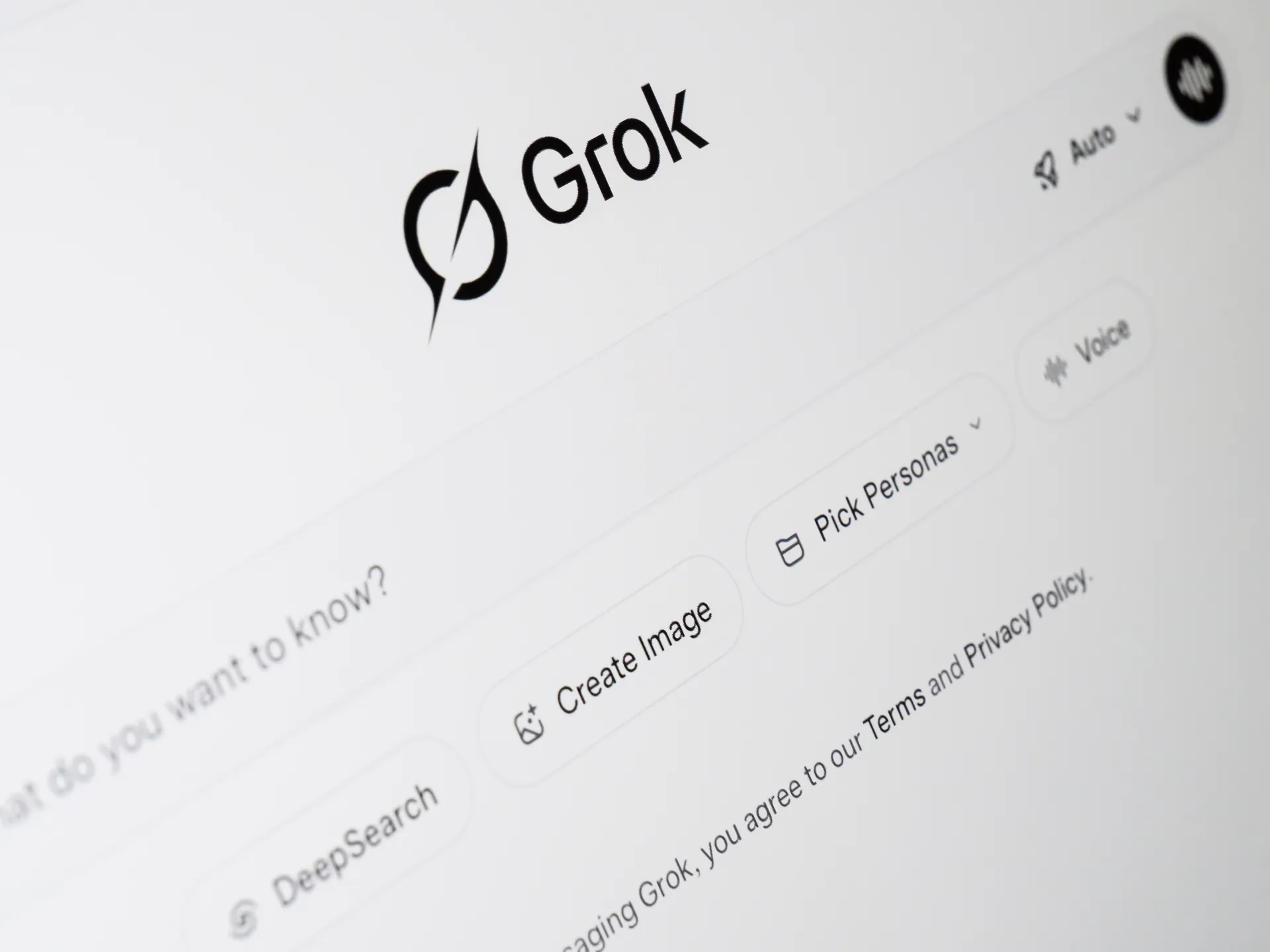EU launches probe into Grok AI feature creating deepfakes of women, minors | Technology News
Commission President Ursula von der Leyen says Europe will not ‘tolerate unthinkable behaviour, such as digital undressing of women and children’.
Published On 26 Jan 2026
The European Commission has launched an investigation into Elon Musk’s AI chatbot, Grok, regarding the creation of sexually explicit fake images of women and minors.
The commission announced on Monday that its investigation would examine whether the AI tool used on X has met its legal obligations under the European Union’s Digital Services Act (DSA), which requires social media companies to address illegal and harmful online content.
Recommended Stories
list of 3 itemsend of list
Brussels said the investigation would examine whether X had properly mitigated “risks related to the dissemination of illegal content in the EU, such as manipulated sexually explicit images, including content that may amount to child sexual abuse material”.
In a statement to the AFP news agency, European Commission President Ursula von der Leyen said Europe will not “tolerate unthinkable behaviour, such as digital undressing of women and children”.
“It is simple – we will not hand over consent and child protection to tech companies to violate and monetise. The harm caused by illegal images is very real,” she added.
Grok has faced a recent outcry after it was uncovered that users could ask the chatbot to create deepfakes of women and children by simply using prompts such as “put her in a bikini” or “remove her clothes”.
EU tech commissioner Henna Virkkunen said the rights of women and children in the EU should not be “collateral damage” of X’s services.
“Non-consensual sexual deepfakes of women and children are a violent, unacceptable form of degradation,” Virkkunen said in a statement.
X has been under investigation by the EU over its digital content rules since December 2023.
This month, Grok said it would restrict image generation and editing to paying customers after criticism of the tool’s capabilities.
A nonprofit organisation, the Centre for Countering Digital Hate, published a report last week that found Grok had generated an estimated 3 million sexualised images of women and children in a matter of days.
In December, the EU ordered X to pay a 120-million-euro ($140m) fine for violating the DSA’s transparency obligations.
The EU is not the only body investigating Grok’s tool; the United Kingdom’s media regulator, Ofcom, announced it had launched an investigation into X to determine whether it had complied with requirements under the UK’s Online Safety Act.
